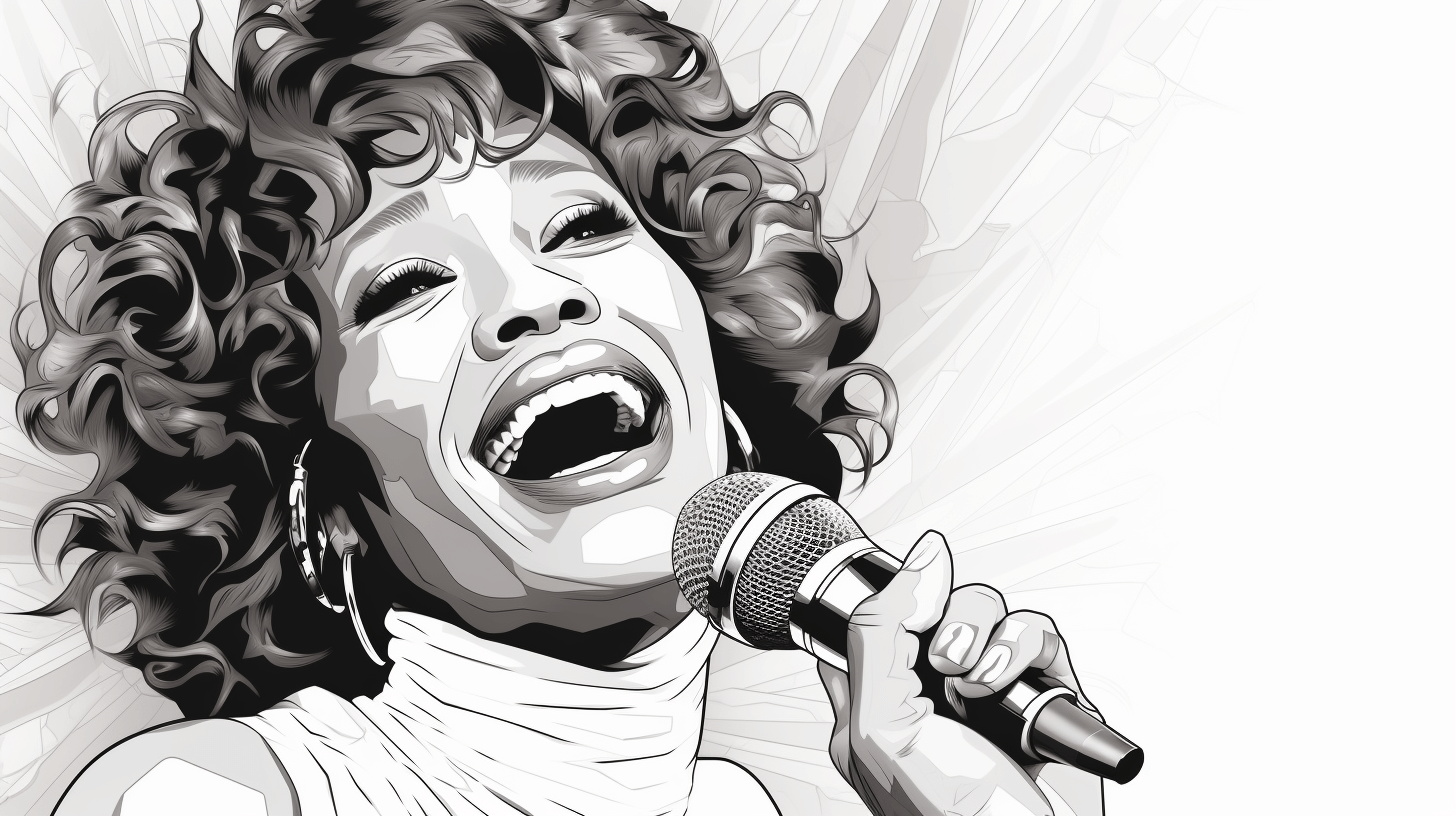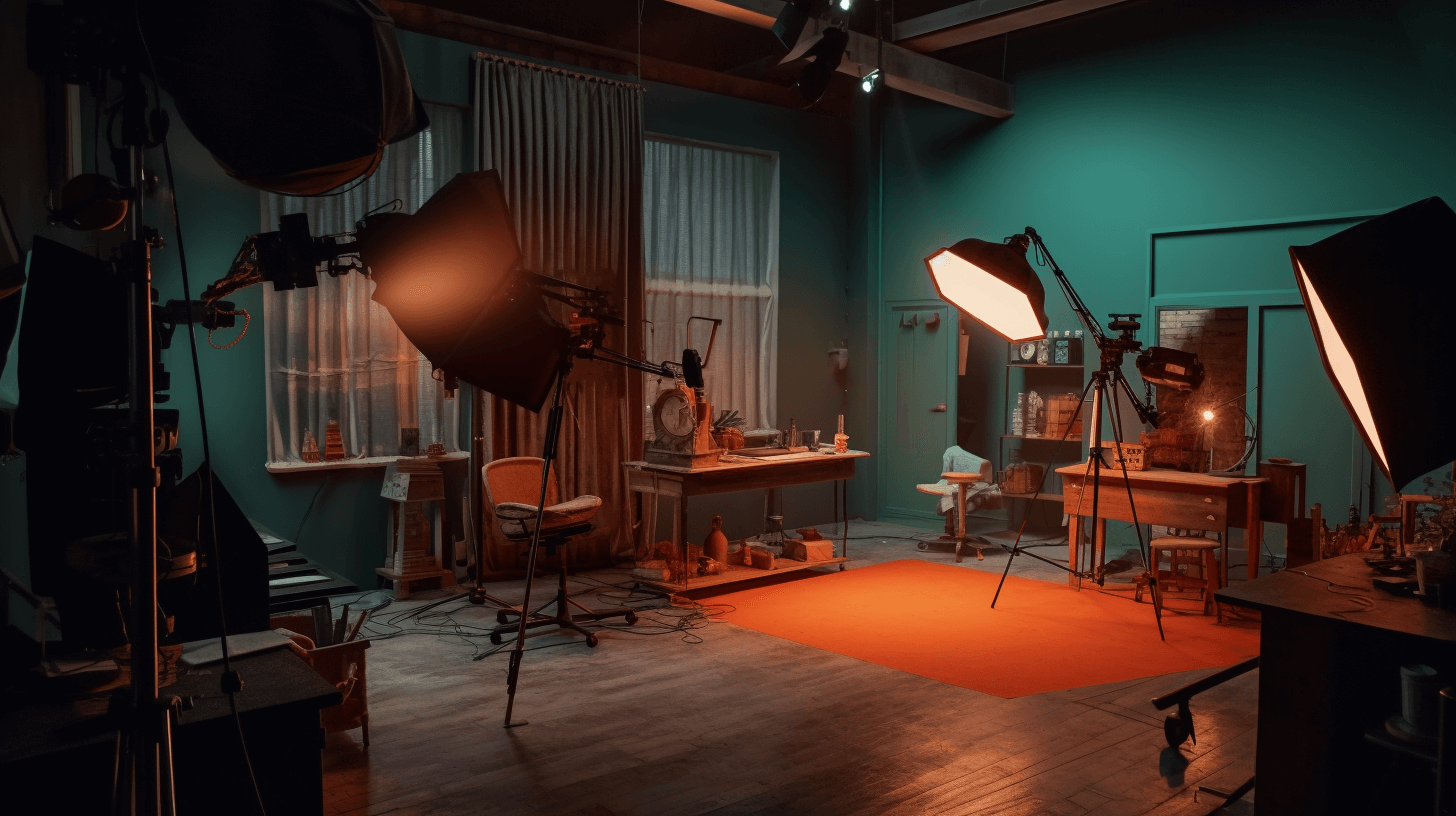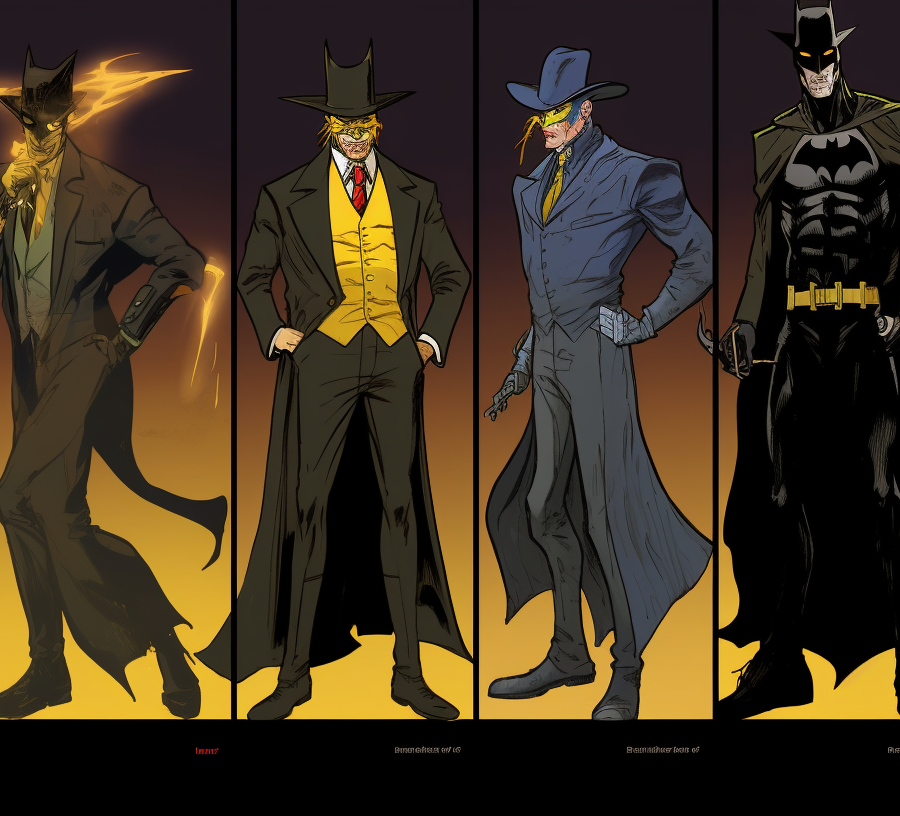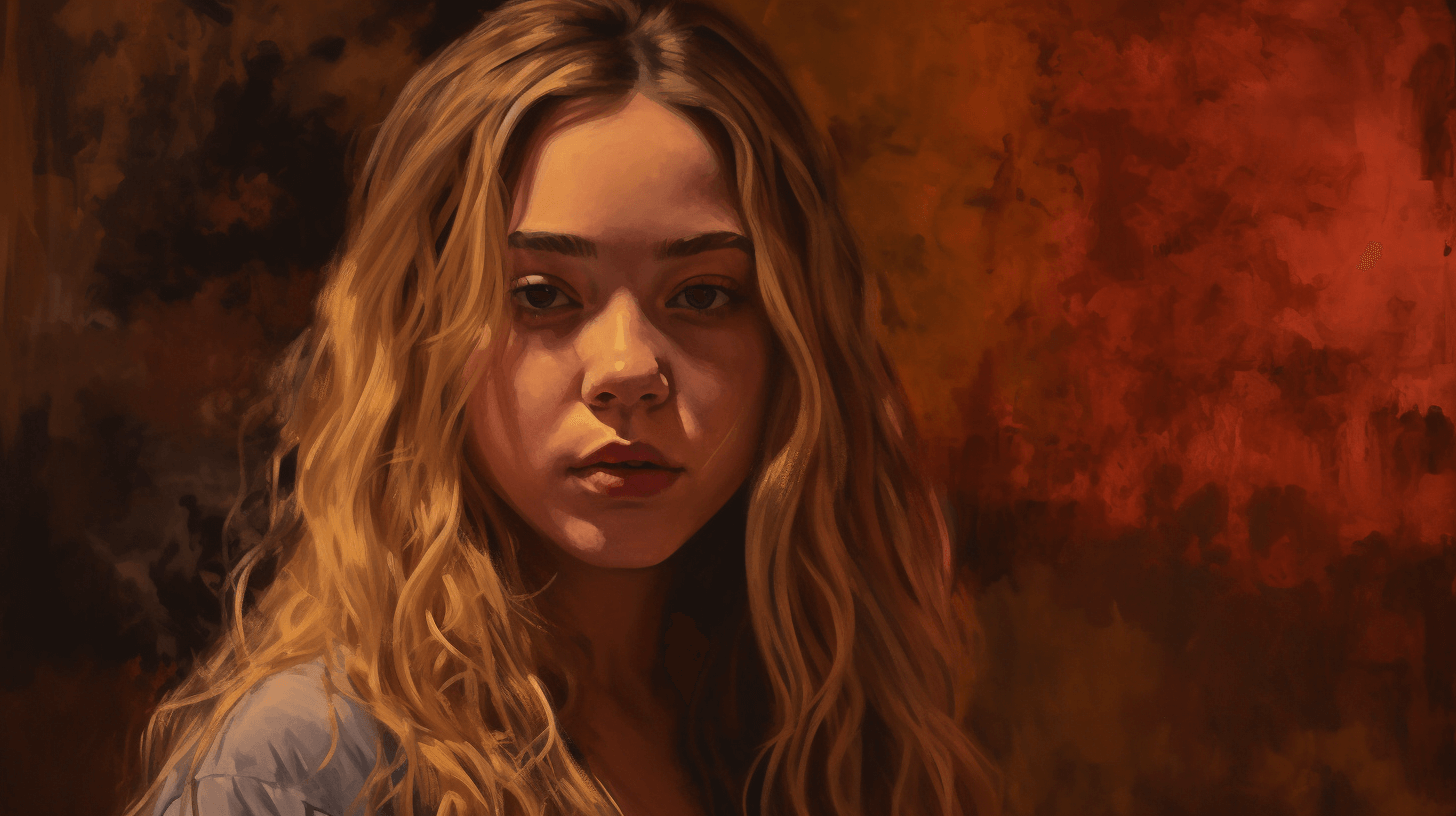🎶👩🏾 Check Out da Whitney Houston Legacy: Lifting Up Da Wahine Black
⬇️ Pidgin | ⬇️ ⬇️ English
Eh, you rememba Whitney Houston, yeah? Da one kine supah singah wit da voice li’dat no one else get. She wen’ do plenny, not just fo’ herself, but fo’ all da black wahine out dea. Check dis out! 🎤🌺
Back in 1993, she wen’ come out wit dat video fo’ “I’m Every Woman.” Da song make you feel like she no need nobody else, but right dea, get Chaka Khan, Valerie Simpson, her maddah Cissy, an’ da group TLC, all togedda. 🎶👩🏾
But no stop dea, brah. She wen’ use her status fo’ light up all da black wahine creative types, an’ no just da famo ones. 🌟
Now, she gone 11 years, but da legacy still going strong. Get new MAC cosmetics line, new Scent Beauty fragrance, an’ even more coming soon, like Broadway musical an’ unreleased gospel. 🎭💄
Not like da odda celebrities today, Whitney wen’ pave da way. She wen’ join wit’ gospel kine like CeCe Winans an’ Kim Burrell, an’ also help out pop stars like Brandy an’ Monica. No one wen’ see ‘um like dat before. 🎵🙏
No say da journey all smooth, though. Had times wen’ people wen’ tink she too black fo’ da white crowd, an’ too white fo’ da black crowd. Dey even wen’ boo her one time in 1989 at da Soul Train Awards. But she no let ‘um stop her. ✊🏾💔
She wen’ get married to da bad boy Bobby Brown, an’ try fo’ hold on to her street cred. But get plenny troubles, like wit’ drugs an’ stuffs. Hard fo’ see how she wen’ still get da powah to do good fo’ da oddah black wahine, but she did. 💑💔
Whitney nevah wen’ like da oddah big stars, like Oprah or Spike Lee. She no had da big business kine, but she had da aloha fo’ bring up da oddah artists. She wen’ know how da spotlight can be mean, an’ she wen’ make sure da sistahs could handle ‘um. 💖🎥
An’ not just in da music, too. She wen’ do concerts in South Africa fo’ Nelson Mandela. She wen’ make dat all-black-female soundtrack fo’ “Waiting to Exhale.” She wen’ help out wit’ gospel in “The Preacher’s Wife.” She wen’ work wit’ Missy Elliott an’ Lauryn Hill fo’ bring one new kind R&B. 🇿🇦📽️
No fo’get da last ting she wen’ do, da 2012 movie “Sparkle.” She wen’ play da maddah to da young singahs. Jus’ like how she wen’ be in real life, helping out da new talents fo’ almost 20 years. 🎞️🌟
She wen’ sign da record deal wen’ she only 19, an’ she no was just one big star, but one kine industry auntie too. She wen’ help out Monica, give her advice on da music, an’ encourage her fo’ stay true to herself. 🎧👢
Da tings she wen’ do, wasn’t just fo’ look good or make da noise. Was fo’ da music, fo’ da feeling, fo’ da heart. She wen’ help out friends, like wit’ Burrell’s church, an’ wen’ be dea fo’ Monica wen’ she had hard times. No need to tell everybody, but she was happy wen’ dey find out. 💒🎼
Da point is, Whitney Houston, she wen’ one special kine. She no just wen’ sing, she wen’ share, an’ she wen’ love. She wen’ make da way fo’ da black wahine, an’ she wen’ leave behind one legacy dat no going fade. She wen’ looking fo’ make sure you get what you need from da music, an’ from da life. Dat’s da real kine legacy, da kine we all can learn from. Mahalo, Whitney. Aloha nui loa. 🌈🤙
NOW IN ENGLISH
Whitney Houston’s Enduring Legacy 🎤: Lifting Up Other Black Women 🚺
Whitney Houston was intimately familiar with how punishing the spotlight could be 💡. Instead of only guiding others toward greater visibility, she worked to ensure they would survive it 💪.
Strangely, there are a lot of other women in Whitney Houston’s 1993 video for the song “I’m Every Woman,” that can-do anthem powered by Houston’s unparalleled midrange pipes 🎵. “It’s all in me,” she sings of a spellbinding force 🎶 that would seem to make others unnecessary. Yet there alongside her, we find the funk powerhouse Chaka Khan, who first recorded the song in 1978; the song’s co-composer Valerie Simpson; Houston’s mother and mentor, Cissy Houston; a dance team of young Black girls; and the trio TLC 🎙️. Houston recorded “I’m Every Woman” for the soundtrack of “The Bodyguard” (1992), which she co-executive produced, and which secured her megastardom 🌟 such that “the wonderment of her talent and her career impacted everyone,” as her sister-in-law and estate executor, Pat Houston, puts it. The open secret of this video is that Houston had a hand in that influence: She deliberately used her status as an icon to light up a whole network of Black female forebears and creative descendants.
Now, 11 years after her death, Houston has a new MAC cosmetics line 💄 and a Scent Beauty fragrance; her original recordings are featured in the recent biopic starring Naomi Ackie 🎥. The coming months and years will bring, among other initiatives, a compilation of her unreleased gospel recordings and a Broadway musical 🎭. These ventures — the fruits of a 2019 partnership between the Whitney Houston estate and the music publishing company Primary Wave — invite us not only to look again at Houston herself but to realize that her own gaze was often turned toward other Black women 👁️.
We now expect celebrities such as Beyoncé, Rihanna, Ava DuVernay, and Lena Waithe to share their resources, establish record labels, and engage in collaborations to demonstrate that they, in the words of Issa Rae at the 2017 Emmys, are “rooting for everybody Black” — especially other Black women 🤝. Yet it was Houston, who linked arms with gospel icons like CeCe Winans and Kim Burrell, and mentored pop stars such as Brandy and Monica, who pioneered this form of Black female boosterism on a grand scale 🌍.
We haven’t been able to see this in part because of the scrim of myth that treats Houston’s Blackness only as a problem for her, not as a source of pride or opportunity 🎭. Too Black for the puritanical white pop mainstream, too white for the narrow-minded Black listeners who booed her at the 1989 Soul Train Awards, she married “bad boy” Bobby Brown, we are told, in an effort to regain her hometown Newark, N.J., street cred and to neutralize the whitening effects of her pop hits with Arista, the label founded by Clive Davis 🎹. The story of her life, thus staged as a battle between two charismatic men, admits Black women only as historical precedents (her musical mother, Cissy; her celebrity cousin Dionne Warwick), or as illicit lovers (Her longtime best friend and creative director, Robyn Crawford, writes in her 2019 memoir, published in part to correct the record, that there was a sexual dimension to their relationship in the beginning — they met when Houston was 17 — a point on which the new biopic is refreshingly matter-of-fact) 😶. Houston’s much-publicized addiction — she drowned in a Beverly Hills hotel bathtub, with drugs in her system, in 2012 at age 48 — seals her reputation as a woman who was scarcely in control of herself, let alone over the prospects of other Black women across the entertainment industry 📉. It’s nearly impossible to see how intently and compassionately she wielded that power in the post-“Bodyguard” years, given that most accounts depict that period as a blank free fall toward her death 💔.
Yet for all that, Houston’s boosterism has also escaped us because it was personal 🤗. She wasn’t really a race woman: A star of her stature and ambition could not have declared her racial commitments like, say, the actress Ruby Dee, or, later, Rae herself; and Houston bid a raucous farewell to the race woman’s politics of respectability, as well as to the position of role model, with the 2005 reality TV series “Being Bobby Brown.” Nor was Houston a mogul like some of her contemporaries, such as Oprah Winfrey or Spike Lee 🎬. (An artist-management company and record label were both short-lived.) But she was part of that same embattled, entitled post-civil rights generation who integrated previously white spaces before drawing other artists into them 🚪. And because she was intimately aware of how punishing the spotlight could be, she did not simply guide Black women to greater visibility but tried to ensure they survived it 🌞.
In a shift signaled by the “I’m Every Woman” video, she began trading in her America’s sweetheart card in the mid-90s for that of Black culture worker, emerging not only as the Voice but as a multimedia strategist with a discerning ear for new talent 📻. In 1994, she performed a series of concerts in Nelson Mandela’s South Africa 🇿🇦. In 1995, she co-executive produced and appeared on an all-Black-female soundtrack for the film adaptation of Terry McMillan’s 1992 novel, “Waiting to Exhale,” in which she co-starred; the album featured everyone from Aretha Franklin to the R&B vocalist Faith Evans to the wunderkind Brandy — who later starred in the 1997 multicultural version of “Cinderella” that Houston co-produced (she herself played the Fairy Godmother) 🎬. She helped put contemporary gospel on the map with her 1996 soundtrack to “The Preacher’s Wife” and by collaborating with Winans and Kelly Price 🎙️. In 1998, she worked with the musicians Missy Elliott and Lauryn Hill (whom she called “the new breed”) to help produce “My Love Is Your Love,” an album that initiated her turn toward a new bent-but-not-broken brand of hip-hop-inflected R&B 🎧. She had Price and Evans sing with her on the sultry track “Heartbreak Hotel” 💔. The song doesn’t call out for a group arrangement, but Houston seemed to want to “shine some light on some other Black females from church,” Evans says. The Grammy-nominated song, as well as the video, brought Evans and Price even greater exposure to a pop audience (while also helping Houston reach the so-called urban music market these younger artists represented) 🏆. Her last project was a 2012 remake of the 1976 Black film musical “Sparkle,” in which she portrayed the mother to a group of aspiring singers — fitting
ly, her final film role before she died. “She was the industry auntie,” says Debra Martin Chase, who co-produced “Sparkle” with Houston, “and was always happy to bring other people along” 💫.
Houston became the industry auntie precisely because she, too, was a newcomer when she signed with Arista at the tender age of 19 🖋️. By then, she had already modeled for a fashion magazine and toured with her mother. Yet Monica recalls that Houston’s advice was less about the technicalities of music than about surviving its pressures 🎧. She mentored her younger charge through relationships and rumors, as well as marketing and performance, and encouraged her to stay true to her own essence, even as it changed over time 🌿. When they reunited in 1998 for the song “The Boy Is Mine” — recorded at the behest of producer Dallas Austin and arranged by Jermaine Dupri as a duet with Brandy — Houston conveyed a sense of her own evolution to Monica 💗. “Whitney gave me the feeling of ‘I still love what I do,’” Monica says. “‘But the way that I approach it, it is more spiritual. It’s not as superficial as it used to be’” 🌻.
None of this was a secret, but neither was it publicized for its own sake. Pat Houston, who married Whitney’s brother in 1992, is proud to point out that the singer’s contributions to other Black women were not a brand-building enterprise 💖. “Whitney’s support of other Black women was genuine, and it was personal. She helped out many of her friends, sometimes with a church, sometimes with their home. She wouldn’t always let the artists know” 💒. Monica adds: “The things she did were done from a place of music, of feeling, of heart. It wasn’t necessarily about, ‘Let’s get these kudos, and let’s make sure it’s known.’ It was just about that personal connection. Sometimes people found out. Whitney was always happy when people found out about it.” 💕
Whitney Houston’s legacy continues to be about not just singing but sharing and loving ❤️. Paving the way for Black women in the industry and leaving behind an enduring legacy that won’t fade 💫. Teaching lessons in music, feeling, and life, Whitney Houston’s contributions continue to resonate. Thank you, Whitney. Rest in peace 🌹🙏.







